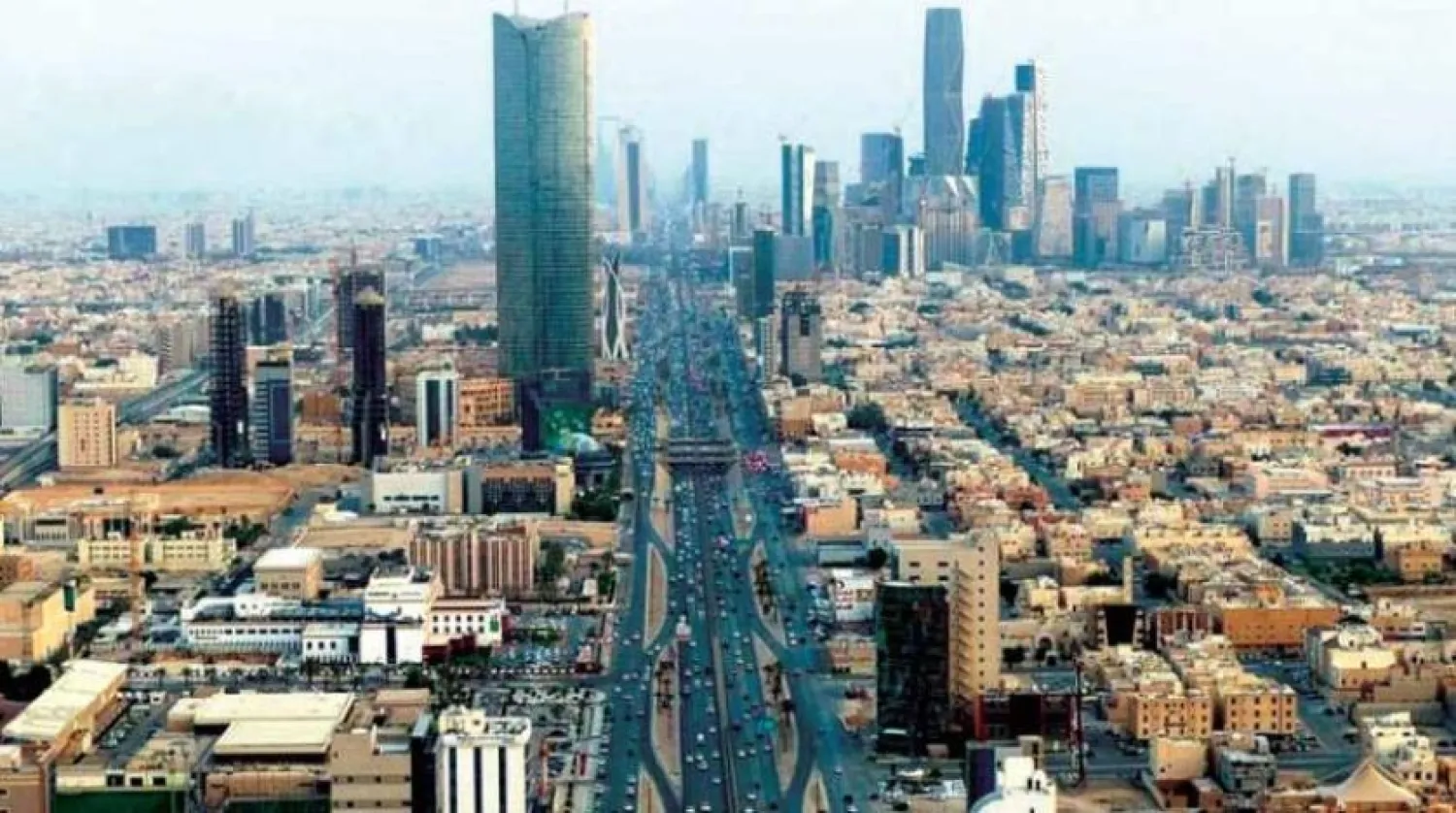Global credit rating agency Moody’s has raised the Kingdom’s growth forecast to 2.5 percent for the current year from its last estimation of 1.7 percent, backed by moderate levels of debt and large financial reserves, in addition to its huge oil reserves.
For next year, it has elevated the expansion to 3.1 percent from the prior estimation of 2.6 percent.
This indicates that non-oil private sector activity will remain strong.
Moody’s said last year that the Saudi economy grew by 10.2 percent during the first nine months of 2022.
According to Moody’s report, Saudi economic growth was driven by the recovery of oil production and the rapid growth in the non-oil sector.
According to the firm’s report, the strong growth of the Saudi non-oil sector over the past and present years (averaging 5 percent annually through the second quarter of 2022) indicates that economic diversification efforts are gaining momentum.
Several government-sponsored mega-projects may move from design to construction, added Moody’s.
Moody’s revealed that the strength of institutions and governance in the country reflects the robust effectiveness of the Kingdom’s monetary and macroeconomic policies.
Moreover, ACWA Power has signed financing agreements totaling $8.5 billion for the NEOM Green Hydrogen Project (NGHP).
The investment was agreed upon with NEOM Green Hydrogen Company (NGHC), a joint venture between ACWA Power, Air Products, and NEOM Company, with ACWA Power holding a 33.3 percent equity stake.
According to Acwa Power, the project scope includes the development, financing, design, engineering, procurement, manufacturing, factory testing, transportation, construction, installation, commissioning, insurance, ownership, operation, and maintenance of the world-scale green hydrogen and green ammonia facility in NEOM.
Also, a 30-year green ammonia offtake contract has been inked with Air Products, it added.
The total financing consists of $5.8 billion in senior debt and $475 million of secondary debt facilities, both arranged on a non-recourse project finance basis.
The balance is from a consortium of financiers, structured as a combination of long-term uncovered tranches and an Euler Hermes-covered tranche. The financiers include First Abu Dhabi Bank, HSBC, Standard Chartered Bank, Abu Dhabi Commercial Bank, Saudi British Bank, Saudi National Bank, and Riyad Bank.









